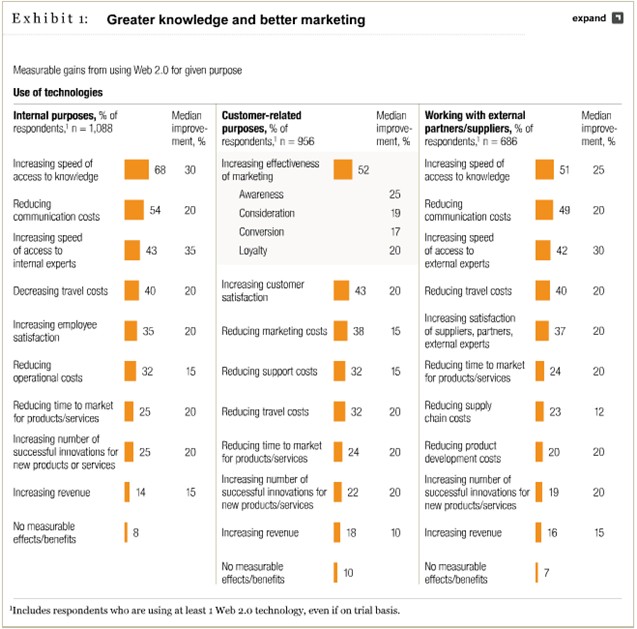(NEW YORK, NY) Lawyers love pouring cold water on new ideas; “that’s not the way we work,” or they proclaim something to do with “liability” and “privacy regulations” as knee-jerk arguments for blocking innovation.
“Sometimes listening to legal counsel is not always the best thing to do, “ says Shel Holtz, consultant and Principal of Holtz Communication + Technology, speaking at the 2012 Intranet Global Forum in New York City. “There are other arguments in the organization that are worth listening to.”

Of course, more stayed, traditional executives have their own knee-jerk reactions, particularly to social media, namely that employees will “waste time.” It’s a lame reaction, and a poor excuse that have been discredited and crushed in recent years. I should think that few employees are not wasting time when they’re reading the CEO’s blog on quarterly earnings, or researching company wikis on the competition.
One need look no further than the U.S. Military, one of the World’s most security and privacy conscious organizations, who for years resisted the pull of social media, and blocked its use. Holtz paraphrased Secretary of Defense William Gates, and the Armed Forces traditional approach to social media: “We used to have this mentality that social media is a fortress that needs to be defended… but we got to a point where trying to lock all the doors and windows is ridiculous. Because not only are our soldiers using it, but also our children; and there’s nothing stopping our children. So, instead of fearing and blocking social media, we began to look at it instead as a ‘field to maneuver’. And yet, we teach our people to ‘safely’ maneuver in all types of fields – mountains, jungles, etc. So, why not social media?”
The Armed Forces has since unlocked social media, and in two years, has not suffered one serious breach of protocol or rules, notes Holtz.
A recent Mckinsey study on social media found that “fully networked organizations” – those that allow employees to socially network with other employees, and externally with customers – have a significantly higher profit margin and return on equity. In fact, an Aberdeen study, nearly four years old, found:
- 52% of organizations using Web 2.0 achieved Best-in-Class performance compared to only 5% that didn’t
- Companies using Web 2.0 tools achieved 18% increase in engagement vs. 1% among those that didn’t
Though the benefits are much greater, Mckinsey also found that among the many benefits of using internal social media – social media on the intranet – are increases in cost savings, customer satisfaction, and even sales.
Perhaps, the most telling (or damming, depending on the perspective) studies supporting social media, those by Cisco, Telindus, and others, have found that millennials (teens to early 20s) won’t work for an organization that blocks social media. Ask yourself, if your company isn’t hiring millennials to refresh the ranks depleted by Boomers who are retiring in droves, where are you finding new employees in an increasingly tight ‘talent crunch’ or limited labor market?
Social media on the company on intranet doesn’t stifle employee productivity, it increases it. According to the initial, preliminary data from the 2012 Social Intranet Study, 75% of organizations already are using social media on their intranet. The question is, not whether all organizations will use internal social media, but to what extent; either you’re a leader or a laggard.
—
Participate in the 2012 Social Intranet Study – it takes 6-12 minutes – in order to receive a full copy of the Study and results analysis (great fodder for making the business case for internal social media).
